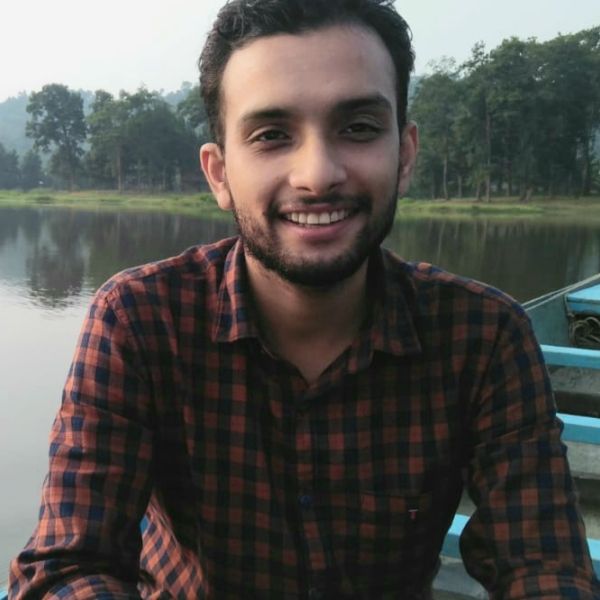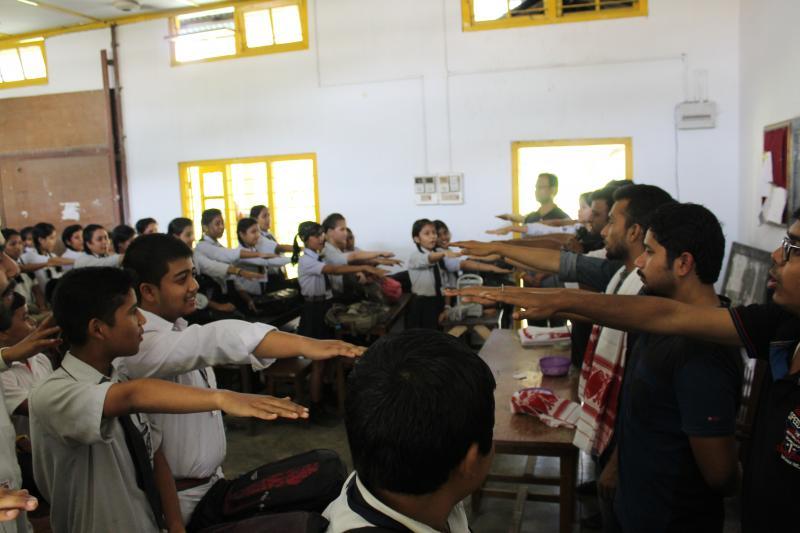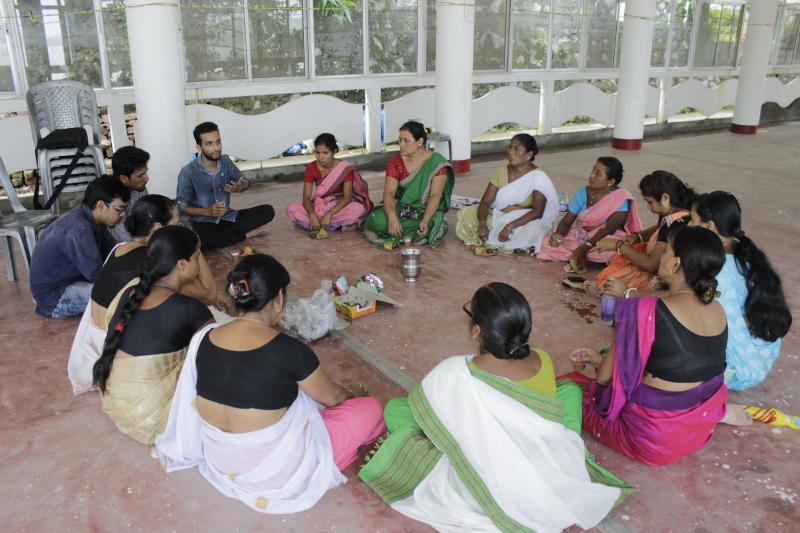Image

Guwahati, India
Age: 29
Mridul Bora leads efforts to engage, educate, and empower communities around human wildlife conflict and wildlife habitat protection.
How are you using education to build more sustainable and equitable communities?
My primary focus is to bring every sect of society to a common platform by bridging gaps, and sharing and exchanging knowledge. Sensitizing communities about ecological importance is an important step to prevent retaliatory killings of species that are at the center of human-wildlife conflict. Sharing conflict management techniques and increasing coordination between communities and authorities can also help to avoid or control conflicts. For example, after several awareness drives, the retaliatory killing of leopards in Guwahati, India, has significantly decreased since 2014.
Environmental education is the only way to increase tolerance towards conflict species and build a sense of responsibility for conservation. Moreover, communities have so much environmental education knowledge to offer as well. The collective knowledge of fringe communities (on the edge of natural habitats), which has been gathered and passed down for centuries, can also help conservationists to understand the evolutionary trends of human-wildlife interaction.

My journey started during my high school days roaming around nearby forests. In 2010, I joined several NGOs as a volunteer and started participating in various conservation initiatives. Starting in 2012, I became an active part of a Greater Adjutant stork conservation project and got involved in community programs, especially around environmental education and capacity building.
In 2014, I began researching human-leopard conflict out of coincidence. I noticed that human-leopard conflicts in Assam were always in the news but no one was addressing the issue. Livestock predation by leopards peaked and led to retaliatory killings. Negative portrayals of the species by the media and an increasing gap between the community and other stakeholders, were making the matter worse. In 2015, I therefore started a series of community engagement programs on human-leopard conflict mitigation, funded by Wildlife Trust of India and David Shepherd Wildlife Foundation. Since then, I have coordinated several other conservation efforts addressing human-wildlife conflict.
What advice would you give to the next generation of leaders?
Engaging and educating communities about conservation is not easy as it looks. Gathering people and simply throwing textbook environmental knowledge at them will likely not help. Though having textbook knowledge for environmental education can be helpful, it is important to share or present that knowledge in a manner that resonates with the audience. Becoming a part of the community and exchanging knowledge between all stakeholder groups will surely make a positive impact.

Managing human-wildlife conflict is full of challenges. Whenever wildlife causes economic loss or kills or injures any human, a community may retaliate in return. Working with these affected communities to protect our wildlife gives me immense pleasure. Minimizing the gap between communities and authorities also help in mitigating conflict and preventing casualties on both sides. Communities give me strength and hope that we can peacefully coexist with nature if we join our hands. I am very optimistic about managing human-wildife conflict in Assam, particularly through community participation and environmental education.
Who do you look up to as inspiration?
I look up to Dr. Purnima Devi Barman, 2017 Whitley awardee, as my inspiration. In 2007, she started working to conserve the Greater Adjutant stork population in Assam, which at that time had less than 100 individuals. Local communities of Dadara and Pashariya often destroyed their nests as Greater Adjutants would feed on garbage and carcasses. But in 2019, Dadara-Pashariya became the largest adjutant colony in the world with more than 1000 individuals. Dr. Purnima Devi Barman made this possible through rigorous awareness raising, environmental education, and capacity building programs. Now the Greater Adjutant has become a proud social symbol for the communities of Dadara-Pashariya. I was fortunate to work with her and I hope to bring that kind of tolerance and stewardship towards conflict species in Assam.